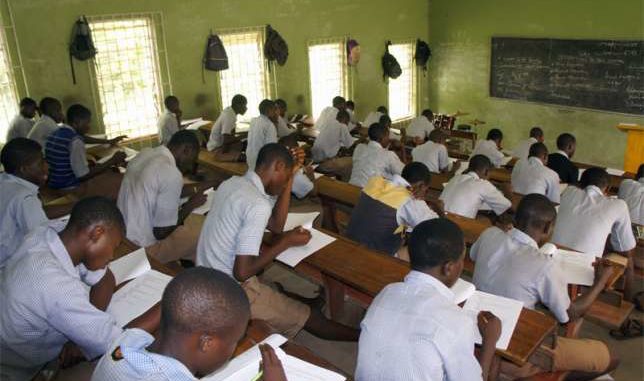
At the last count, over 183 countries, according to John Hopkins University, have been affected in one way or the other by the coronavirus pandemic with global infection rates passing 13,589,273.
Of this number, 585,906 deaths were recorded between March and July 16, and though this seems a drop in the ocean when compared to the over seven billion world population, COVID-19’s impact on the world economy has been devastating.
The global economy has been in a lockdown mode leading to national governments all over the world pumping in over $8tn to keep their economies afloat.
This stems from the fact that there is currently no known cure for COVID-19 other than treatment management of those infected by the virus resulting in health-care facilities in many countries stretched to breaking point.
There are over 120 researches worldwide for a COVID-19 vaccine, but the only option open to governments has been to impose lockdown, social distancing, intense testing and contact tracing to slow infection.
This has produced two main types of responses across the world, countries with the resolve to adhere strictly to lockdown, social distancing, intensive testing and contact tracing and those countries that cannot.
China, Vietnam, Taiwan, South Korea, Iceland, Finland, and New Zealand fall into the first group while countries like Nigeria, Iran, South Africa, Brazil, and the United States of America fall into the second group.
Much of the countries in Europe, North Africa and Middle East, Asia, Caribbean, Oceania, and Africa fall in between these two extreme responses with varying degrees of impact.
The key difference has been the resolve of governments of these countries to impose lockdown, and enforce social distancing, intense testing and contact tracing for COVID-19 infections.
The leaders of these countries that showed resolve in turn got the willing support and endorsement of the citizens, and as the principle goes, when leaders lead, the people will willingly offer themselves.
The reverse has been the case in Nigeria where the six-week lockdown first of all was not national, and secondly was observed more in breach than in compliance and Nigerians are today reaping the consequences.
Worse, the accompanying intense testing for COVID-19 that should have been conducted during the lockdown and more importantly after the lockdown was lifted, has been most pitiable.
With a population of 200 million citizens, Nigeria is currently not conducting up to 1,500 COVID-19 tests a day nationwide, and we still have states like Kogi and Cross Rivers that are in denial regarding the virus.
Contact tracing for purposes of tracking and quarantining those who may have come in contact with infected Covid-19 persons on the other hand has been a mirage as many give fake addresses to avoid quarantine.
The result is that unlike the United Kingdom which is carrying out 230,000 tests daily and has now been able to ease off lockdown measures, Nigeria has only conducted 202,097 tests in four and a half months.
Even the United States with the highest COVID-19 infection rate in the world, 3,536,658, resulting in 137,897 deaths, has been conducting close to over 400,000 tests daily.
All we know in Nigeria is that mortuaries are filled to the brim, doctors are complaining about more deaths than normal, and grave diggers are digging more graves in burial grounds than usual.
This is the environment in which the West Africa Examination Council wants to conduct the West Africa Secondary School Certificate Examination for 1.5 million Nigerian secondary school between August and September.
If the Federal Executive Council and State Executive Councils across the country are holding virtual council meetings, why should our children be the ones exposed physically to COVID-19?
If the South-West education commissioners and the Development Agenda for
Western Nigeria can meet virtually to declare that the South-West states are considering reopening for WASSCE, why should our children be the ones exposed physically to COVID-19?
If the President of the National Association of Proprietors of Private Schools, Yomi Odubela, is holding a virtual meeting to announce that private schools are COVID-19 ready for WASSCE, why should our children be the ones exposed physically to COVID-19?
If the private school proprietors across Nigeria can be COVID-19 compliant to reopen for WASSCE in August and September, who takes responsibility for government-owned schools across the 774 Local
Government Areas knowing the state of public education?
There are over 100 Federal Government Colleges across Nigeria that are all full boarding schools, and having student populations drawn from other parts of Nigeria; who takes Covid-19 responsibility for these students?
Many private secondary schools students have been receiving support online and some state governments are doing so too and also on electronic media but this has not been widespread, so what happens to students who have not received any support teaching since March?
Kingsley Omose, Lekki, Lagos
END

good news indeed